Everything You Need To Know About Vitamin E Oil For Scars
A detailed guide to using this powerful antioxidant safely on your scars.
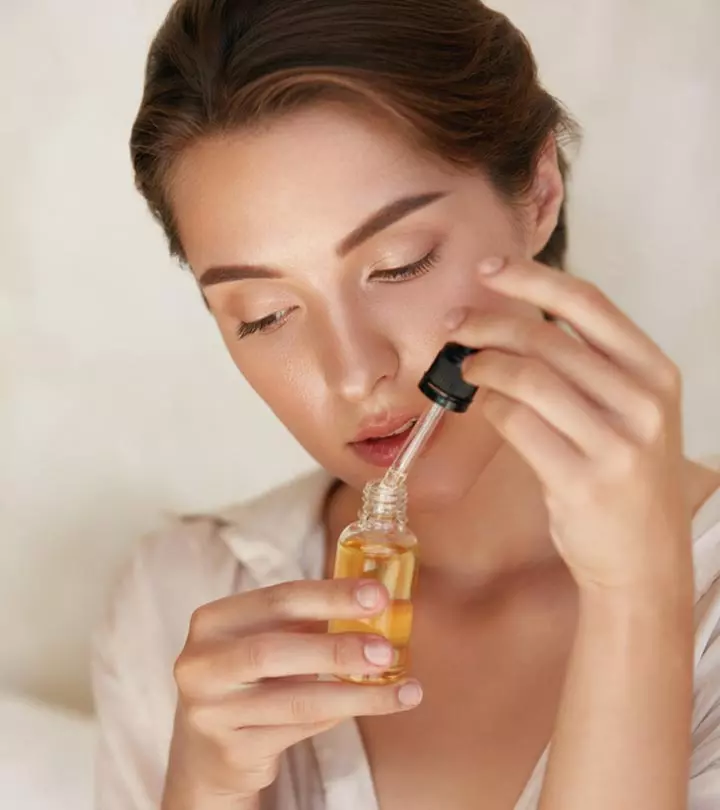
Image: Shutterstock
Using vitamin E oil for scars is becoming popular among natural skin care enthusiasts (1). But, how effective is vitamin E oil for scar healing and prevention? Many people believe that vitamin E’s antioxidant capabilities may aid in scar healing. However, the scientific evidence is mixed.
So, is it possible to reduce scars using vitamin E? Is it safe to do so? The usefulness and safety of applying vitamin E oil on scars are discussed here. Read on to learn this oil’s possible benefits and how to use it at home. Keep reading!
In This Article
What Is Vitamin E?
Vitamin E
is a fat-soluble antioxidant. It is used in various cosmetic products in oil and capsule forms (2). It is synthesized by plants and is naturally found in (3):
- Wheat germ oil
- Sunflower seeds (dry roasted)
- Almonds (dry roasted)
- Sunflower oil
- Safflower oil
- Hazelnuts (dry roasted)
- Peanut butter
- Peanuts
- Corn oil
- Spinach
- Broccoli
- Soybean oil
- Kiwi fruit
- Mango
- Tomato
There are eight chemical forms of vitamin E. However, the most commonly-used derivatives in skin care products are tocopheryl acetate and tocopherol (2). The vitamin E in your favorite moisturizer, serum, or lotion usually appears as tocopherol on the ingredients list.
We will understand in the next section if vitamin E oil is actually effective for reducing scars.
Key Takeaways
- Information on the effectiveness of vitamin E oil in reducing scars is limited. However, the oil may offer some overall skin benefits.
- Vitamin E oil has anti-inflammatory and antioxidant effects and the ability to nourish dry, sagging skin.
- Simply clean the scar area, apply a few drops of vitamin E oil, and massage it in circular motions for 15 to 30 seconds until the oil is absorbed.
- However, if you have sensitive, oily, or acne-prone skin, proceed with caution. Before using vitamin E, consult your dermatologist as it might cause skin irritation and redness in some people.
Is Vitamin E Oil Effective In Reducing Scars?
Many people claim that using Vitamin E oil may help fade scars and stretch marks. Some research claims that vitamin E may show a significant improvement in the cosmetic appearance of scars (1). However, in another study, topical application of vitamin E had not improved scar appearance. It instead had led to a high incidence of contact dermatitis (4).
Research on how vitamin E can be used to treat scars is inconclusive at this point. But this powerful ingredient has been actively in use for over 50 years in dermatology. It is essential for the basic maintenance of the human body (1), (3).
Vitamin E oil may have some benefits on scars. Though research is mixed, it is important to know how this oil may help.
Benefits Of Using Natural Vitamin E Oil On Scars
1. May Offer Antioxidant Properties
Vitamin E protects the body from UV radiation and air pollution by acting as a free-radical scavenger and delaying the aging process (5). It can destroy free radicals that otherwise cause DNA damage, reduce skin proteins, and negatively affect connective tissues and cell membranes.
The antioxidant properties of vitamin E may also promote the production of collagen and maintain skin’s strength and elasticity (6).
2. Possesses Anti-Inflammatory Properties
Vitamin E oil is rich in anti-inflammatory properties (7). It may strengthen the skin’s barrier function and soothe the skin. Anecdotal evidence suggests that the oil may also calm irritated skin and nourish it deeply.
3. May Help Nourish Dry, Stretched Skin
Vitamin E may promote skin hydration and nourish dry skin (8). You also may use a moisturizer containing vitamin E oil to potentially treat scars. However, conduct a patch test to check if you are allergic to vitamin E.
Jasmin, a blogger, transformed her skin by using vitamin E oil. She considers this oil the “secret sauce” in her beauty regime. She writes, “ I had frequent breakouts in my t zone, dry areas, numerous sun spots, discoloration, and scarring! I drank a lot of water, exercised, cleansed my face every day, always took off my makeup, and ate semi-right (LOL) and nothing really seemed to have improved. But since I was put onto this product, I’m telling y’all, Vitamin E has legit been THE sole reason that my skin has been treating a sis right all this time (i).”
For an overall skin boost, vitamin E capsules for skin are often used to promote a healthy and radiant complexion. However, information on the effectiveness of vitamin E oil in reducing scars is limited. But the oil sure may have some overall benefit for the skin.
In the following section, we will discuss how you can use vitamin E oil on your scars.
DIY Steps For Using A Plant-Based Vitamin E Oil On Your Scars
Using vitamin E on scars doesn’t seem to cause any harm. Here’s how you can do it:
- Clean your scar area with a bar of mild soap to get rid of any bacteria/dirt.
- Gently apply a few drops of vitamin E oil to the scar area and massage in circular motions for 15 to 30 seconds. Repeat twice a day.
- Continue to massage until the oil is absorbed.
Here are a few pointers to keep in mind:
- Do not apply the oil to an open scar/wound.
- Do not expose your scar to the sun.
- Always apply sunscreen when you step out.
- Avoid applying excess pressure on the scar. Massage gently.
As we saw, the effectiveness of vitamin E oil in treating scars is yet to be established. But there are other techniques and cosmetic procedures that may help treat scars. Let us take a look at them.
Other Healing Techniques, Remedies, And Cosmetic Procedures For Scar Treatment
If you are looking for methods on how to remove facial scars, there are various treatments and home remedies that can help improve skin texture and appearance.
- Silicone Sheets
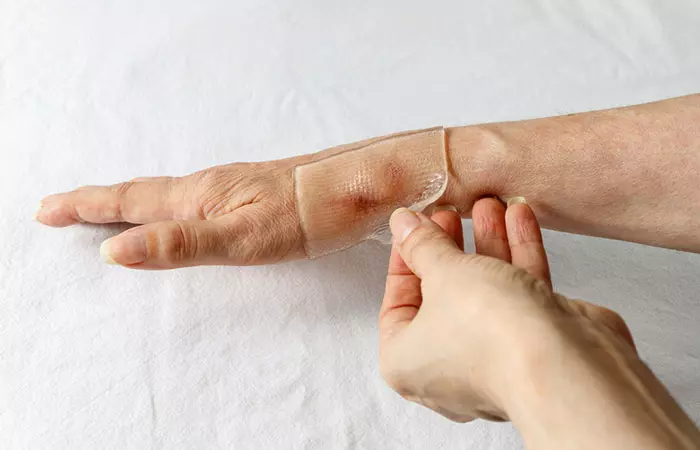
These are soft and flexible self-adhesive dressings you can apply over scars (9). The silicone helps hydrate the scar tissue, lowers collagen production, and eventually flattens the scar tissue to make it fade away. You can use silicone sheets for 12 hours a day for 3 months to see the desired results.
They are also quite simple to use. Before placing the silicone sheet on the scar, gently cleanse the area to remove any dirt or oils, and let it dry completely. For optimal effectiveness, replace the silicone sheet every 24 hours. Consistency is key, so be sure to continue this regimen daily for the recommended duration of 3 months.
 Quick Tip
Quick TipIf the silicone sheet loses its stickiness, wash it with mild soap and cool water and lay the sheet flat to air dry. This will make it sticky again.
- Massage
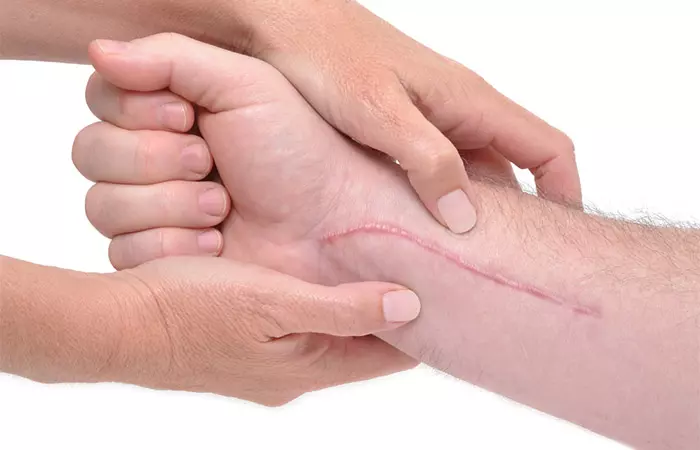
Massaging the scar may reduce and soften its appearance, though more information is warranted to confirm this claim. A gentle massage is said to lower the associated pain, itching, and sensitivity.
Massage the scar for about 5 minutes at least 3 to 4 times a day. Consult a scar specialist to understand how to massage the scar accurately.
- Derma Rolling
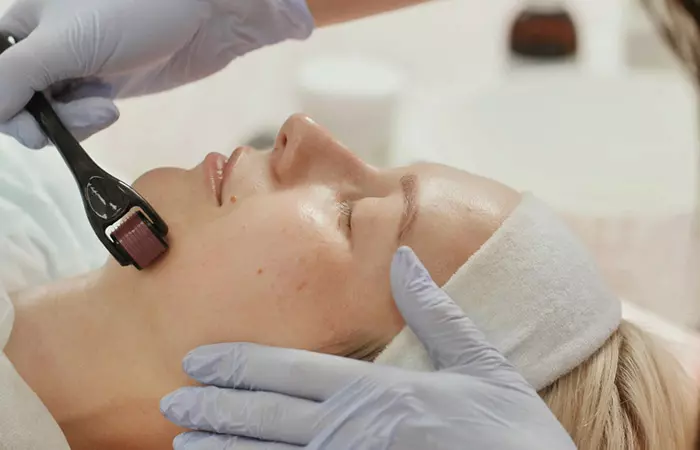
Derma rolling is a procedure where the dermatologist rolls tiny needles over the skin’s surface. This procedure tries inducing tiny injuries to the skin to enable it to self-heal re-modeling the tissue, and eventually improve scar appearance. In a study, derma rolling could improve the appearance of acne scars after three months of treatment (10).
- Laser Therapy
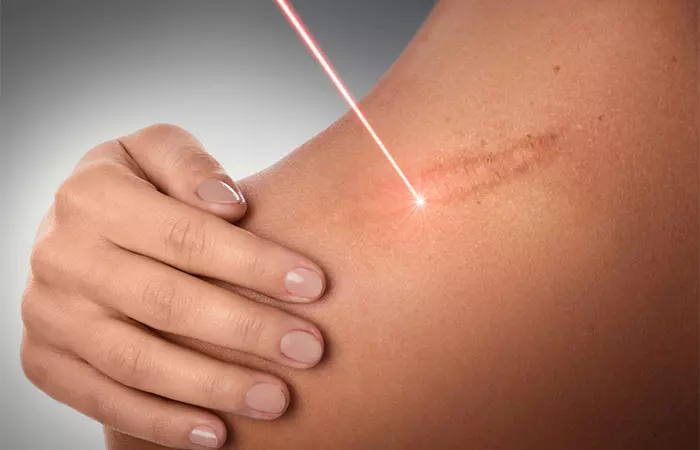
This procedure uses light to target the blood vessels that otherwise make scars appear inflamed (11). Laser therapy may boost collagen production and lower pitting. However, more research is needed to conclusively prove the efficacy of laser therapy in scar management.
- Dermal Fillers
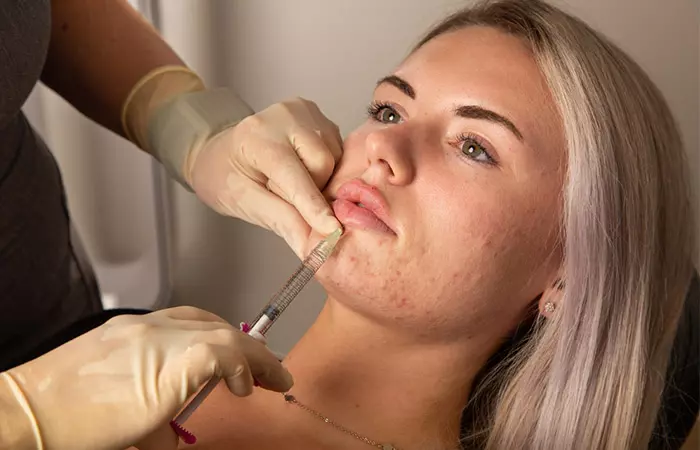
This is a temporary scar treatment where dermal fillers or injections are injected to make the skin plump. Doing this may eventually lower the appearance of pitted scars (12).
 Quick Tip
Quick TipDermal fillers may last anywhere from 6 months to 24 months, depending on the scar intensity, type of filler, and lifestyle. You may need maintenance sessions every 6 months.
- Cryotherapy
Cryotherapy involves freezing keloid scars to stop them from growing and help flatten them (13). It uses liquid nitrogen to lighten the skin in the surrounding area.
How Long Do Scars Take To Fade?
Most scars fade away with time, depending on the injury severity. The ones that do not fade away are most likely to be permanent.
Fine-line scars caused by injuries such as cuts or surgical incisions may flatten and fade within two years.
Other types of scars, such as hypertrophic scars, may take much longer to fade.
However, information in this regard is very limited. Consult your dermatologist for more details.
To avoid long-term skin marks, learning how to prevent scarring is essential, especially right after sustaining a wound or injury.
Vitamin E oil appears to be a harmless treatment for scars. While it is not guaranteed to treat scars, it sure may promote skin health in other ways. But does this mean anyone can use vitamin E oil?
Vitamin E Oil For Skin: Who Can Use And Who Should Avoid
Vitamin E is generally well-tolerated when applied topically. However, practice caution if you have extremely sensitive, oily, or acne-prone skin. Speak to your dermatologist before using vitamin E as it may cause skin irritation and redness in some.
Infographic: The Ultimate Guide To Using Vitamin E On Scars
Vitamin E is a very popular ingredient in skin care and is highly recommended for reducing scars, spots, uneven patches, and other pigmentation issues. However, you need to keep certain points in mind before using vitamin E oil for acne scars and including it in your skin care routine. Check out the infographic below for more information.

Illustration: StyleCraze Design Team
Scars cannot be erased, but we can use natural remedies like vitamin E oil to reduce their appearance. The use of vitamin E oil for scars has recently become one of the trending tips among skin care enthusiasts, mainly due to its antioxidant properties. Though few scientific studies prove its efficacy, you can use vitamin E oil for overall skin health. Moreover, the anti-inflammatory properties of the oil help soothe your skin and heal wounds.
You can apply the oil topically but take precautions if you have sensitive skin. Always perform a patch test before applying it to the affected area and consult your dermatologist to know the best way to use it.
Frequently Asked Questions
Can I put vitamin E oil on my face overnight?
Yes, vitamin E oil can be used on the face overnight.
Which is better for scars: vitamin E oil or cream?
Vitamin E works well both as an oil (in lipid-based solutions) or cream (skin creams).
Which is better for scars: vitamin E oil or Bio-oil?
Bio-Oil can help improve the appearance of scars, whether new or old. Vitamin E enhances the general tone and texture of the scar and the surrounding skin by increasing the skin’s moisture level. Both have their own advantages and can be used as per one’s requirement.
Learn how long it takes for vitamin E oil to fade acne scars. Watch this video and get tips and advice on how much to use and how to get the best results.
Personal Experience: Source
StyleCraze's articles are interwoven with authentic personal narratives that provide depth and resonance to our content. Below are the sources of the personal accounts referenced in this article.
i. Vitamin E oil: beauty’s best kept secret,https://alllthatjas.wordpress.com/2019/03/27/vitamin-e-oil-beautys-best-kept-secret/
References
Articles on StyleCraze are backed by verified information from peer-reviewed and academic research papers, reputed organizations, research institutions, and medical associations to ensure accuracy and relevance. Read our editorial policy to learn more.
- The Role of Topical Vitamin E in Scar Management: A Systematic Review
https://pubmed.ncbi.nlm.nih.gov/26977069/ - Vitamin E in dermatology
https://www.ncbi.nlm.nih.gov/pmc/articles/PMC4976416/ - Vitamin E
https://ods.od.nih.gov/factsheets/VitaminE-HealthProfessional/ - The effects of topical vitamin E on the cosmetic appearance of scars
https://pubmed.ncbi.nlm.nih.gov/10417589/ - Discovering the link between nutrition and skin aging
https://www.ncbi.nlm.nih.gov/pmc/articles/PMC3583891/ - Long- and short-term effects of vitamin E administration along with stress on skin tissues of mice
https://pubag.nal.usda.gov/catalog/6263294 - The role of vitamin E in normal and damaged skin
https://pubmed.ncbi.nlm.nih.gov/7633944/ - Influence of vitamin E acetate on stratum corneum hydration
https://pubmed.ncbi.nlm.nih.gov/9706379/ - The Use of Silicone Adhesives for Scar Reduction
https://www.ncbi.nlm.nih.gov/labs/pmc/articles/PMC4486716/ - Efficacy of a needling device for the treatment of acne scars: a randomized clinical trial
https://pubmed.ncbi.nlm.nih.gov/24919799/ - Laser Scar Management Technique
https://www.ncbi.nlm.nih.gov/labs/pmc/articles/PMC3916665/ - Fillers for the improvement in acne scars
https://www.ncbi.nlm.nih.gov/labs/pmc/articles/PMC4598204/ - Intralesional cryotherapy for hypertrophic scars and keloids: a review
https://www.ncbi.nlm.nih.gov/labs/pmc/articles/PMC5965337/
Read full bio of Dr. Suchana Marahatta
Read full bio of Arshiya Syeda
Read full bio of Ramona Sinha
Read full bio of Monomita Chakraborty





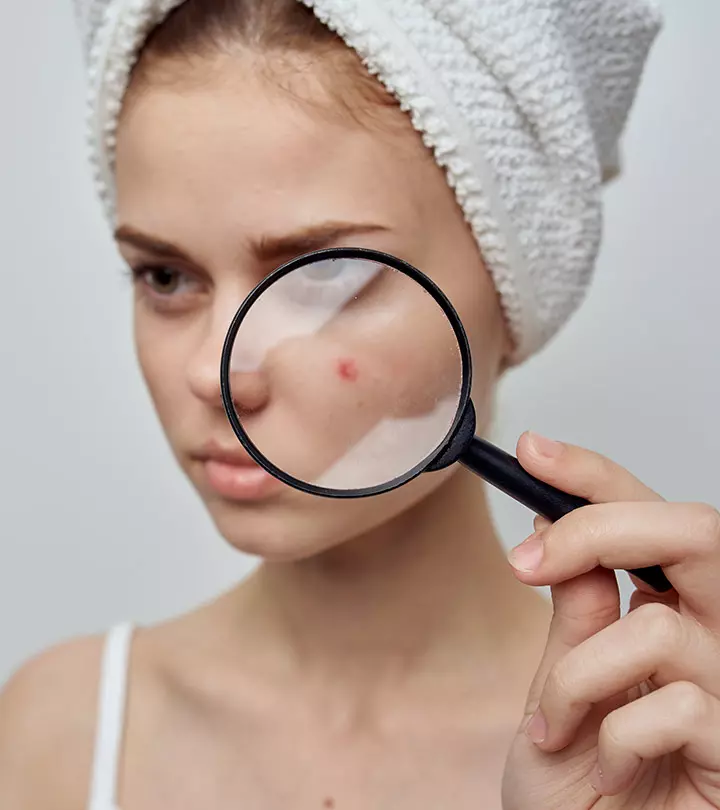


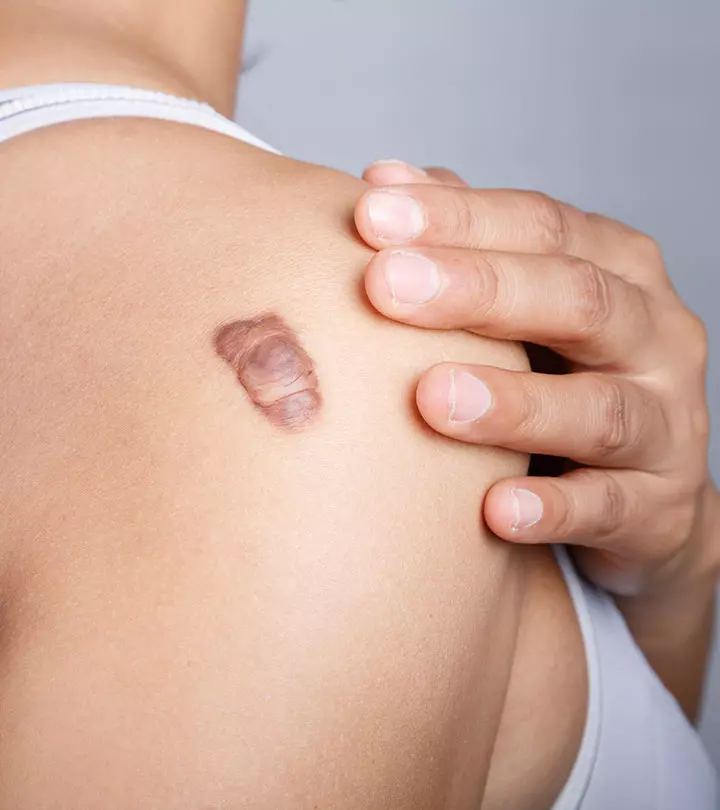
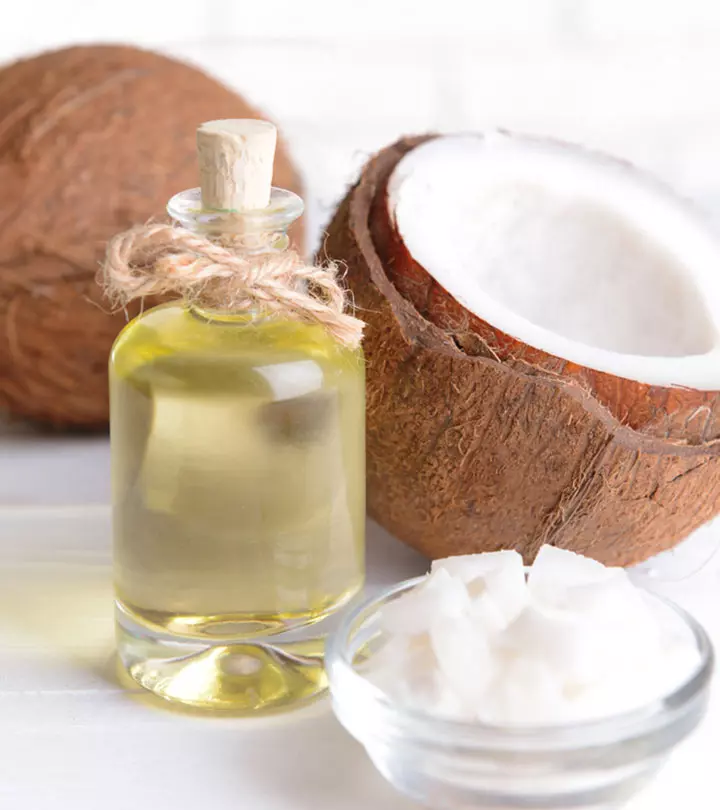


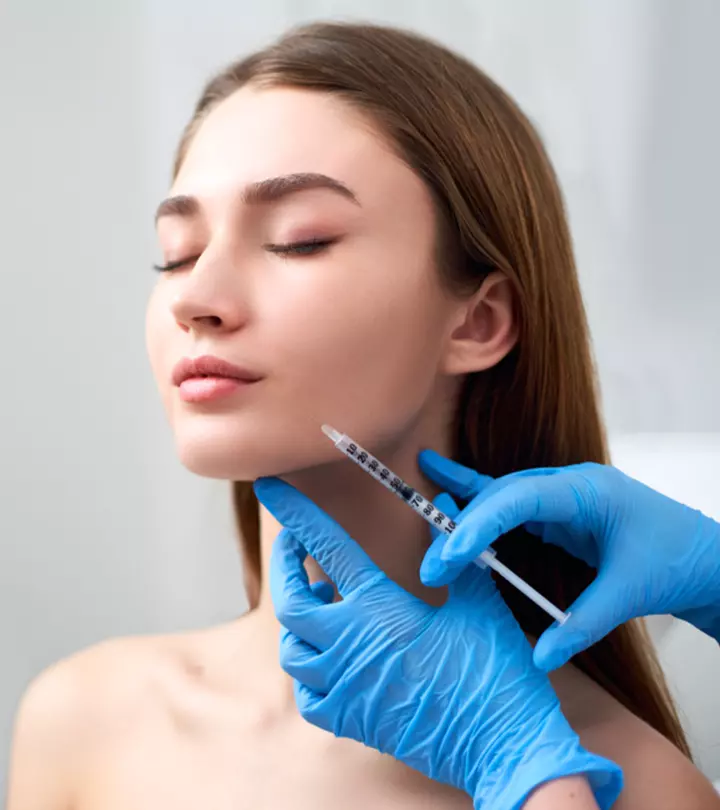

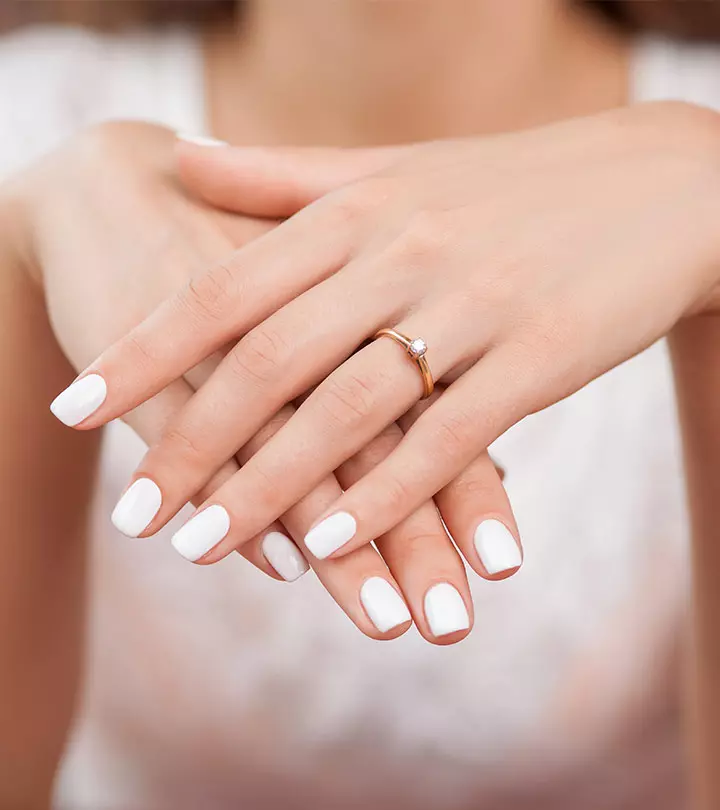
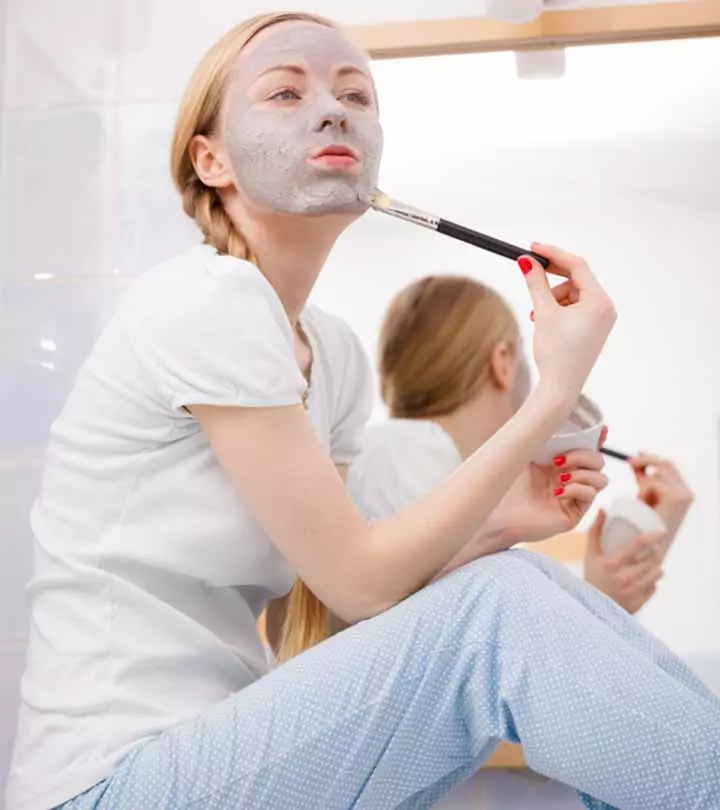

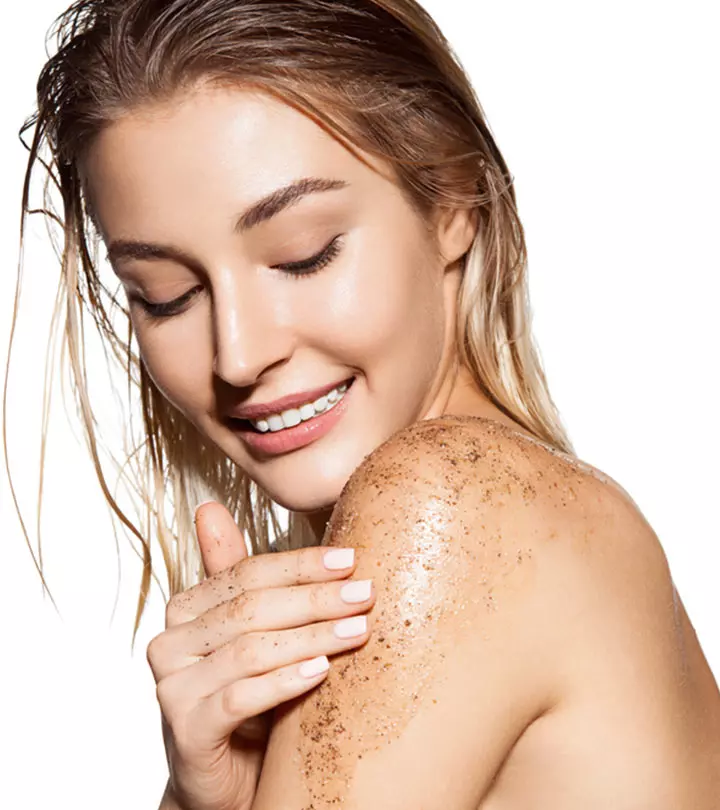
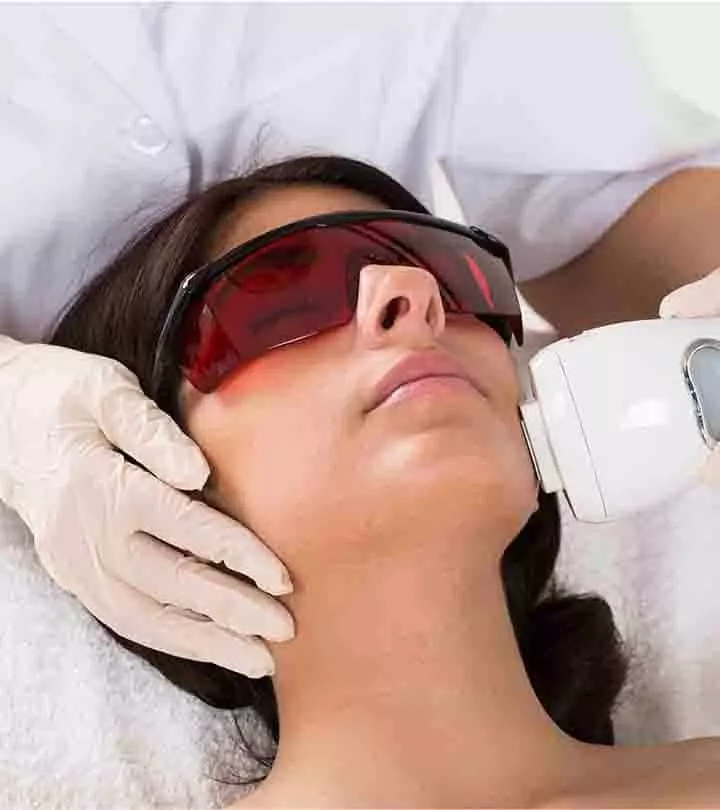
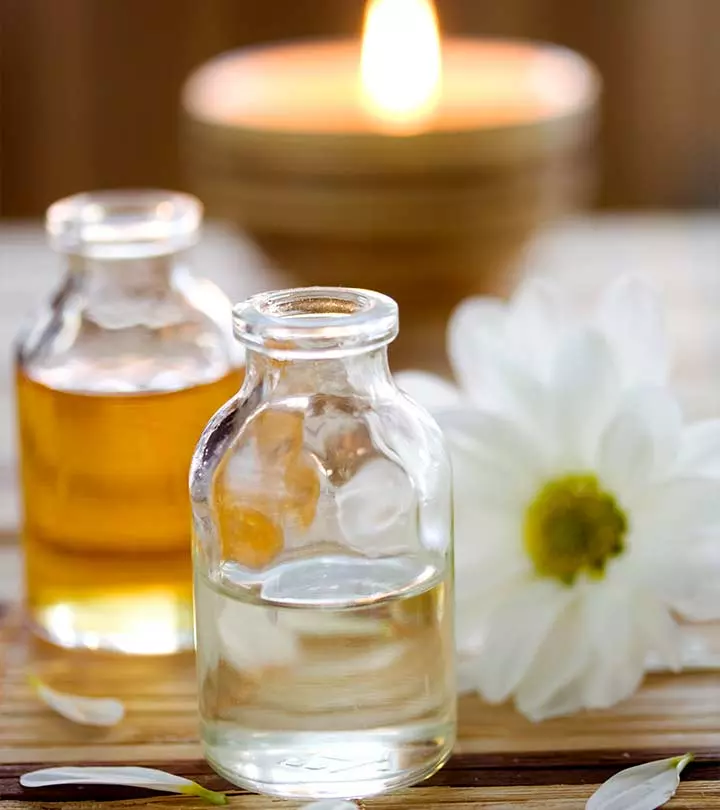


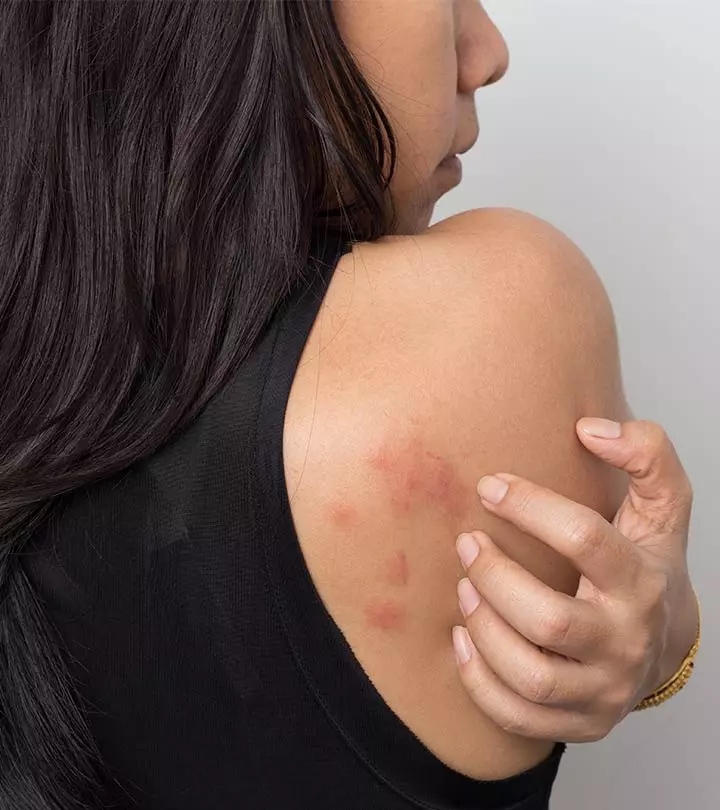


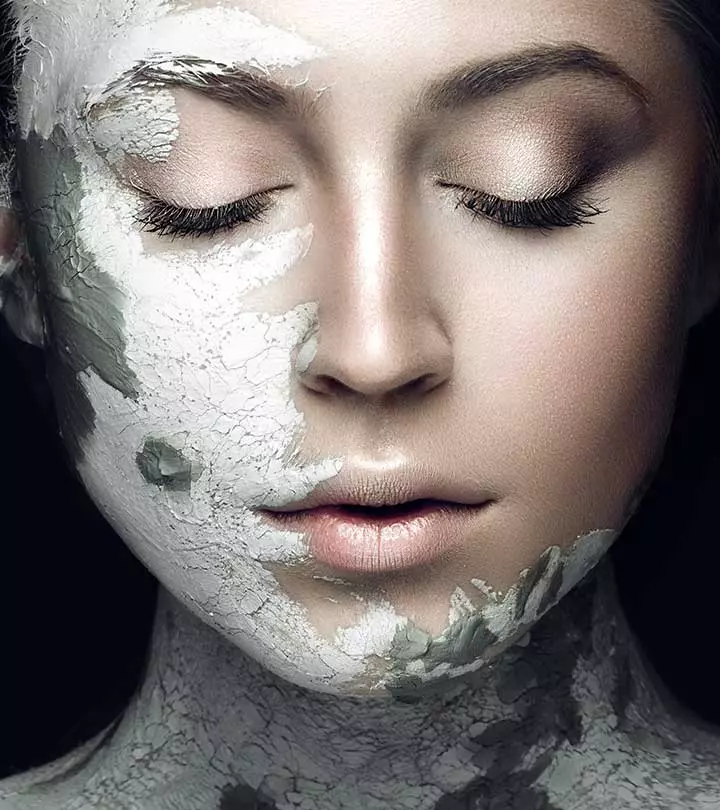
Community Experiences
Join the conversation and become a part of our empowering community! Share your stories, experiences, and insights to connect with other beauty, lifestyle, and health enthusiasts.